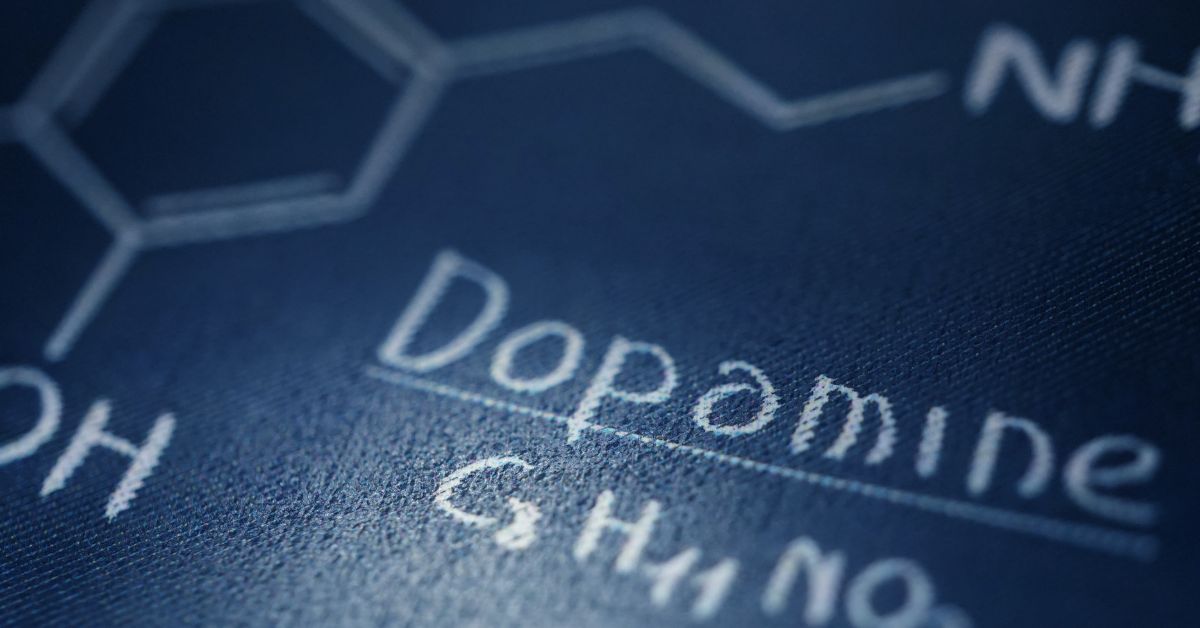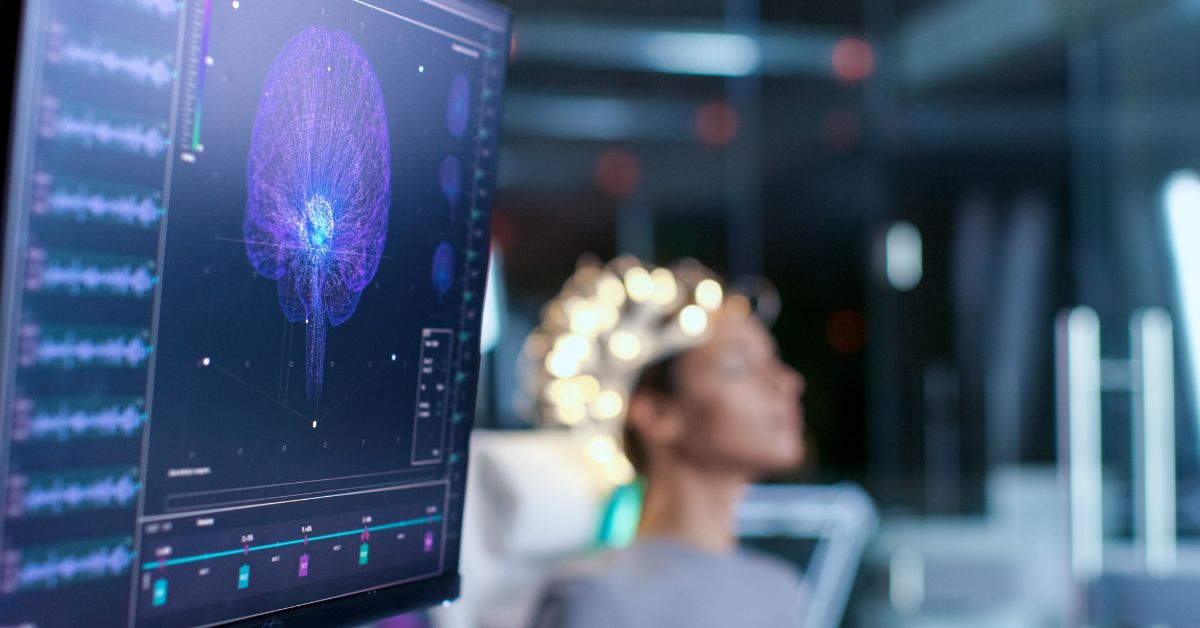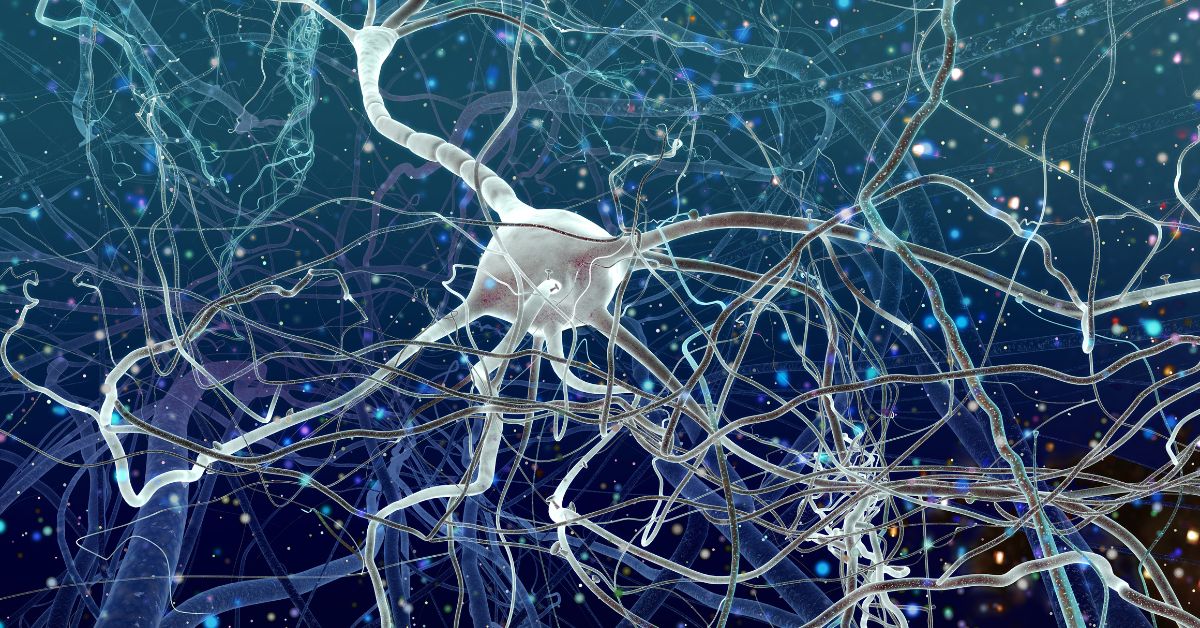Addiction is a complex disease that can have a devastating impact on not only individuals struggling with it but also their parents and loved ones. As a concerned family member or friend, it’s important to understand how drugs affect the brain in order to support effective treatment and prevention strategies.
Let’s explore this together, so you can better help your close ones on their journey to recovery.
How Drugs Affect the Brain

The Brain’s Reward System
Have you witnessed anyone experience a rush of pleasure after they enjoyed their favorite meal or received praise for their achievements? That’s their brain’s reward system at work. This intricate system triggers the release of dopamine, the chemical that generates feelings of pleasure, and acts as a driving force to seek out and repeat those pleasurable experiences.
Drugs hijack this system by flooding the brain with dopamine, creating an intense rush of pleasure that can be addictive. Over time, the brain becomes less responsive to this, which means that they must consume more and more of the drug to feel the same level of pleasure. This is called tolerance, and it’s a hallmark of addiction.
Still, it’s not impossible to get or find help for anyone dealing with addiction, be it alcohol, weed, or other addictive drugs.
FREE: Get the 3 pieces of advice that helped me understand this disease of addiction
Neurotransmitters and Receptors
Drugs can also affect neurotransmitters. Different drugs affect different neurotransmitters, but the majority increase the levels of dopamine, norepinephrine, and serotonin, which are associated with pleasure, energy, and mood regulation.
Drugs also change the function and sensitivity of receptors, which are proteins on the surface of brain cells that respond to neurotransmitters. For example, nicotine in tobacco can increase the number of nicotine receptors in the brain, making the individual more sensitive to the effects of nicotine.
These changes can have long-lasting effects on the brain, even after someone stops using drugs. It is why recovery can be a lifelong process for anyone looking to overcome their drug addiction and a challenging journey for you and your family.
Structural Changes in the Brain

Do you wonder why addiction takes such a hold on a person? Why is it so difficult to break free from its grip? The answer lies in the brain. Let’s explore how addiction changes the brain, affects the gray matter and white matter, and the implications of these changes for individuals struggling.
| Drug | Affected Brain Structures |
|---|---|
| Cocaine | The prefrontal cortex, striatum, hippocampus |
| Methamphetamine | The prefrontal cortex, striatum, thalamus |
| Heroin | The prefrontal cortex, striatum, amygdala, hippocampus |
| Alcohol | The prefrontal cortex, cerebellum, hippocampus |
| Marijuana | The prefrontal cortex, hippocampus, amygdala |
Gray Matter
Gray matter is the area of the brain that contains the cell bodies of neurons. It’s responsible for processing information, controlling movement, and regulating emotions. Studies have shown that addiction can lead to a loss of gray matter in the brain, particularly in the prefrontal cortex and hippocampus.
Loss of Gray Matter
The prefrontal cortex is the part of the brain responsible for making decisions and impulse control. When this area is damaged by addiction, individuals may find it difficult to make good choices and manage their behavior. The hippocampus is responsible for memory formation and retrieval, and thereby, individuals may experience memory problems and difficulty learning new information.
White Matter
White matter is the area of the brain that contains the axons of neurons and is responsible for transmitting information between the different parts. Addiction can lead to damage to white matter integrity, which can have implications for brain connectivity.
Damage to White Matter Integrity
When a white matter is damaged, the brain’s ability to communicate effectively is compromised. This affects an individual’s ability to make decisions and their behavioral and emotional regulation. It can also impact a person’s ability to learn new information and retain memories.
The Implications for Individuals Struggling with Addiction
The structural changes in the brain caused by addiction can have significant implications for individuals, most of which we’ve outlined above. However, it’s important to note that the brain is capable of healing and recovering from these changes. With the right treatment and support from loved ones, individuals can regain mastery of their lives.
UPDATED: Discover the 3 life-changing things about addiction I wish I knew years ago
Functional Changes in the Brain Due to Substance Use

Besides the structural changes to the brain of an addict, there are also functional changes. We’ll look at how these changes occur and how they impact self-control, decision formation, learning, and emotional stability.
Impaired Decision-Making and Impulse Control
Addiction can impair the function of the prefrontal cortex region, making it harder for individuals to manage their impulses and make rational decisions. This is because drugs and alcohol abuse can cause changes in this region that interfere with normal functioning. As a result, individuals may struggle to resist their craving to use drugs or alcohol, even when they know it’s harmful to their health or relationships.
Memory and Learning
The hippocampus is the part of the brain responsible for memory and learning. Addiction can have a significant impact on this region, leading to impaired memory and learning. Individuals may have smaller hippocampal volumes, which can lead to difficulties with memory and learning. However, the brain has the ability to change (neuroplasticity), which means that with time and effort, individuals can recover their memory and learning abilities.
Emotional Processing
The amygdala and other emotional processing regions of the brain are affected by addiction as well. Changes in these regions can lead to mood dysregulation and emotional instability, making it harder for individuals to manage their emotions. This can lead to a vicious cycle of drug or alcohol use as individuals turn to substances to cope with their emotional distress. However, with proper treatment and support, individuals can learn healthy coping strategies and develop emotional regulation skills.
Factors Influencing the Degree of Brain Changes

As a parent or close one of someone struggling with addiction, it can be heart-wrenching to watch them suffer and wonder why they can’t simply quit, despite negative consequences on family and themselves. This complex disease impacts the brain in numerous ways. Let’s delve into the factors that affect the extent of brain changes due to this disease.
GET: The 3 things that actually "allowed" me to help my son (and regain control again)
Drug Type:
Different substances have different effects on the brain. Stimulants like cocaine and amphetamines can increase dopamine levels in the brain, leading to feelings of euphoria and increased energy. Depressants like alcohol and opioids, on the other hand, can slow down brain activity and lead to feelings of relaxation and sedation.
| Drug Type | Primary Effects on the Brain |
|---|---|
| Stimulants | Increased dopamine release, heightened arousal |
| Depressants | Reduced brain activity, slowed neurotransmission |
| Opioids | Activation of opioid receptors, altered pain, and reward pathways |
| Hallucinogens | Disruption of serotonin pathways altered sensory perception |
| Cannabinoids | Activation of cannabinoid receptors, altered memory, and mood |
Duration and Severity of Addiction:
The longer someone uses drugs or alcohol, the more significant the changes in their brain become. Chronic use can lead to structural changes in the brain, affecting everything from decision management to impulse control. Genetic predisposition and environmental factors can play a role in the severity. If you’re struggling with the addiction of someone you care for, learn how to talk them out of it.
Age and Developmental Stage:
The adolescent brain is particularly vulnerable to the effects of drugs and alcohol. This is because the brain is still developing during adolescence, and substances can interfere with this process. The earlier someone begins using drugs or alcohol, the more likely they are to develop an addiction later in life.
Encourage them to seek help from a qualified healthcare professional. This could be a therapist, counselor, or recovery coach. With the right support, they can learn coping skills and strategies to manage their substance use and reclaim their lives.
Recovery and Brain Healing

It is always painful to watch someone you care about go through this difficult journey. But there is hope. The brain has an incredible ability to recover and rewire itself, a process known as neuroplasticity. Let’s explore how this happens.
Neuroplasticity and Reversibility
First, let’s talk about the ability of the brain to recover and rewire. According to research, the brain has an incredible ability to repair and regenerate itself, even after extensive damage. This means that recovery is possible, and the brain can heal.
FREE: Get the 3 pieces of advice that helped me understand this disease of addiction
Factors that influence recovery include the individual’s age, the length and severity of addiction, and the presence of any co-occurring mental health disorders. It’s important to note that recovery is not a linear process, and setbacks are common. But with the right support and treatment, the brain can heal and regain its vitality.
Treatment Approaches
There are several treatment approaches that can support the healing process of the brain.
| Treatment Approach | Primary Components |
|---|---|
| Medication-assisted | Methadone, buprenorphine, naltrexone |
| Cognitive-behavioral | Identifying triggers, coping strategies, relapse prevention |
| Contingency management | Reward-based incentives for abstinence |
| 12-step programs | Peer support, spiritual guidance, step-based recovery |
| Holistic therapies | Nutrition, exercise, stress management, mindfulness |
Medication-assisted treatment (MAT) involves using medications that can ease withdrawal symptoms and cravings, making it easier for individuals to focus on their recovery. This approach has been shown to be effective for sedative addiction, with medications like methadone and buprenorphine helping individuals stay in treatment and reduce their risk of relapse.
Behavioral therapies, such as cognitive-behavioral therapy (CBT) and motivational interviewing (MI), can help individuals address the underlying causes and develop healthy coping strategies. These therapies focus on changing thought patterns and behaviors that contribute to addiction and can be effective in treating a wide range of substance use disorders.
Holistic approaches can also support brain health and overall well-being. These include practices like mindfulness meditation, exercise, and nutrition. Research has shown that these practices can improve brain function, reduce stress, and support recovery.
Hope for Loved Ones Affected by Addiction

When a loved one is battling addiction, it’s important for parents and friends to understand that recovery is a journey and healing is achievable. The brain possesses a remarkable capacity to recover and rewire itself. With appropriate support and treatment, individuals can regain control of their lives and find happiness in sobriety. It’s important to remember that they are not alone—help is available.
Addiction, a chronic disease that affects the brain’s reward system, can lead to uncontrollable urges to use substances or engage in behaviors despite negative consequences. No one is immune to this, as it can impact people of all backgrounds, ages, and genders. Seeking professional help is vital for recovery, which may involve inpatient or outpatient programs, individual counseling, group therapy, and support groups. Continued research and improved treatment options are necessary to address its complexities and close the treatment gap. Embrace the journey of recovery with patience and commitment, and hold onto hope for a brighter future.
UPDATED: Discover the 3 life-changing things about addiction I wish I knew years ago
Frequently Asked Questions About How Drug Addiction Affects The Brain
How long does it take for dopamine receptors to heal?
The time it takes for dopamine receptors to heal varies depending on factors such as the type of drug, duration of use, and individual genetics. Generally, it can take weeks to months, but in some cases, it may take up to a year or more for a full recovery.
How drug addiction is a brain disease?
Drug addiction is a brain disease because it alters the normal functioning of the brain, impacting areas responsible for making decisions, self-control, and reward. These changes make it increasingly difficult for the individual to quit using drugs and may lead to compulsive behavior.
What drugs directly stimulate the internal reward center or pleasure pathways in the brain?
Drugs that directly stimulate the internal center or pleasure pathways in the brain include stimulants like cocaine and amphetamines, as well as opioids like heroin and prescription painkillers. These drugs cause a surge of dopamine that is associated with feelings of pleasure and reward.
